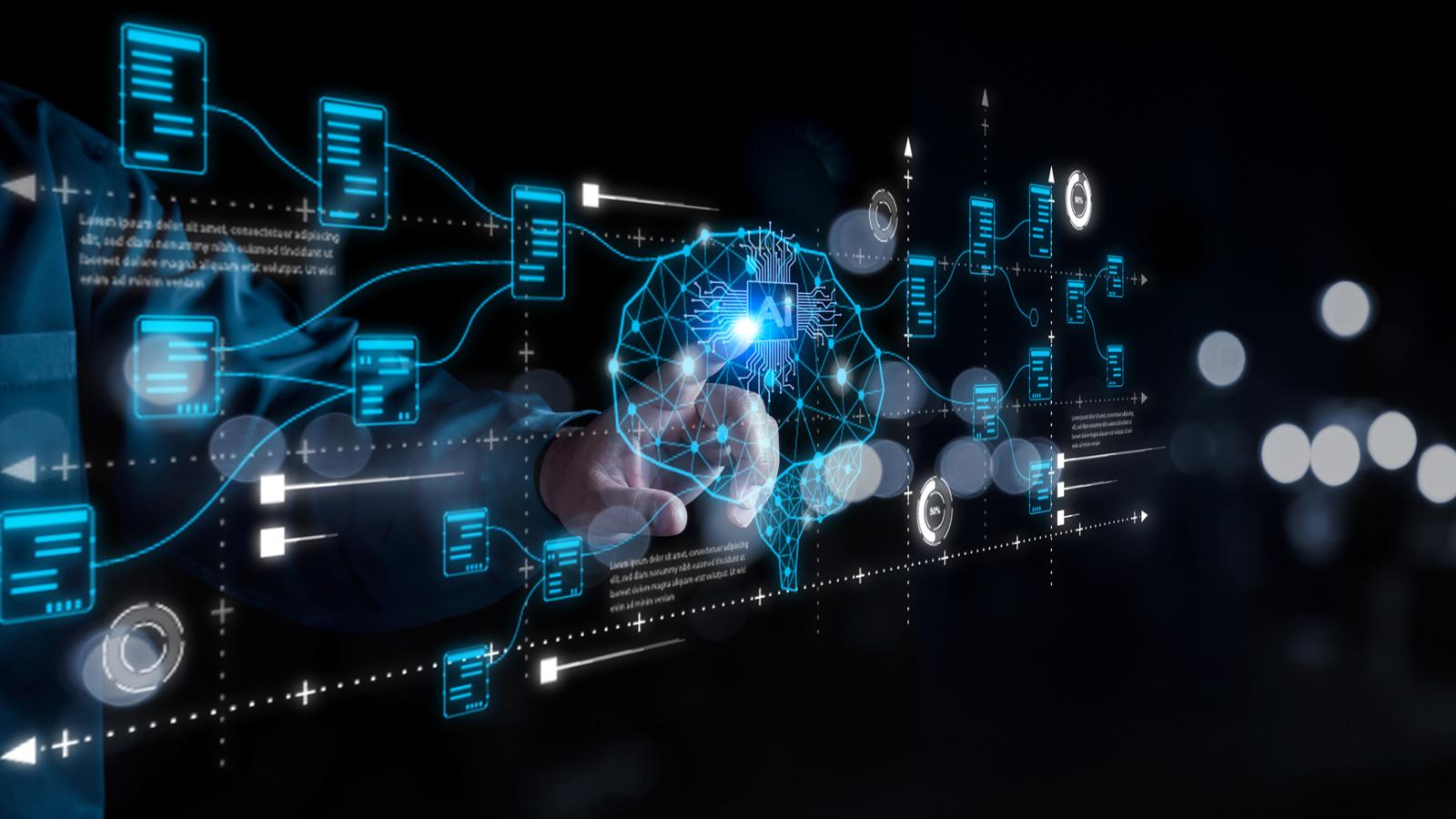Data science in healthcare

Data science has the potential to transform the healthcare industry by providing insights that can improve patient outcomes. However, according to research, life sciences companies still trail cross-industry leaders in digital maturity by a factor of two to three times across key dimensions of strategy, culture, organisation, and capabilities, without any clear signs of catching up.
Without shifting core culture to be digital-focused, the true potential of data science can’t be properly realised. Data scientists too often lack the more nuanced skills to operate in the health and life sciences field, which prevents the data that is being captured from being properly utilised for the benefit of patients.
Although in some respects healthcare is at the vanguard of the technological revolution, too often a lack of cultural willingness hinders the potential of truly revolutionary technologies. Data science has already been imperative over recent years to be able to predict diseases, analyse information during drug development or during clinical trials, or even in real-time with the advent of wearable technologies that enable personalised monitoring and early detection of anomalies through easily accessible health data to an individual, whenever they so choose.
Yet, at the same time, those within the healthcare industry often view these technological advances within trepidation, either worrying about the technology itself and not realising its potential benefit, having concerns about its potential cost or even about its practical integration into existing services. This thinking has meant healthcare has hit a barrier, so often at the cusp of embracing change, yet, not quite delivering to the true benefit of individuals.
Other sectors have embraced this data science revolution more willingly. The supermarket and retail sectors are such examples. Supermarket loyalty schemes offer a new source of historical and highly accurate purchasing habits for individuals. This has meant retailers are able to offer personalised deals, transparency about spending habits, and a predicative ability, which benefits the consumers’ shopping experience overall. These same benefits have already been seen within healthcare, as during the COVID-19 pandemic. Combining this supermarket information with COVID infection rates and outcomes data linked by location allowed initial insights into the power of bringing these large, yet diverse, datasets together.
The power of data science, the future of healthcare
Data is intertwined within the health and life sciences industry now, more than ever. Data science is fuelling innovation in drug discovery and development, accelerating the pace of scientific breakthroughs. At a population level, the NHS Datastore, for example, was pivotal in helping to ensure that resources were concentrated where they were needed most during the COVID-19 pandemic and, at a research level, data and machine learning are helping to drive new understanding of genomes and the wider field of genomics. Working in a digitally focused way escapes the limitations of traditional approaches of extended times to generate results, and expense and resource demands, giving way to faster answers in an efficient way.
With the advent of AI, the potential revolution for change across our daily lives seems limitless. As AI continues to evolve and integrate deeper into healthcare systems, it is poised to transform the way we diagnose, treat, and manage diseases. AI-powered tools and decisions can help to enable more personalised, efficient, and effective healthcare, leading to improved patient outcomes and a more sustainable healthcare system. The true potential of data and artificial intelligence has long since been heralded as a solution to many of the healthcare and life sciences industry’s woes, yet many in the field fail to use data effectively to inform decisions about the most important aspect of care: the patients.
As data science continues to evolve, its impact on the healthcare industry will only grow. Data-driven insights has the potential to empower clinicians to make informed decisions, improve patient outcomes, and revolutionise the way we consider the delivery of healthcare. The future of healthcare is inextricably linked to the power of data science, promising a more personalised, effective, and sustainable healthcare system for all.
However, the true benefits of data in health and life sciences can’t be understood until the wider sector learns the importance of collaboration with, and the need to take account of, the patient experience. Furthermore, robust data governance frameworks are essential to help protect patient confidentiality and ensure equitable access to healthcare services. Transparency in data collection, analysis, and decision-making is also needed to build trust among patients and healthcare providers.













